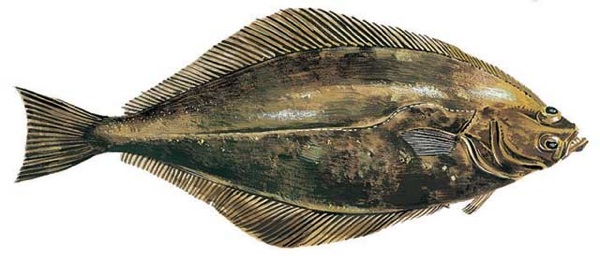North Atlantic fisheries, then and now
Scientists at UBC used ecosystem models, underwater terrain maps, fish catch records, and statistical analysis to estimate the biomass of Atlantic fish [large PDF] at various points the last century. David McCandless of the UK Guardian's Data Blog turned the resulting maps into this animated GIF: McCandless writes: These early accounts and data on the past abundance of fish help reveal the magnitude of today's fish stock declines which are otherwise abstract or invisible. They also help counter the phenomenon of "shifting environment baselines". This is when each generation views the environment they remember from their youth as "natural" and normal. Today that...

 Contrarian reader LH who fished halibut in Alaska for eight years, the very place where
Contrarian reader LH who fished halibut in Alaska for eight years, the very place where